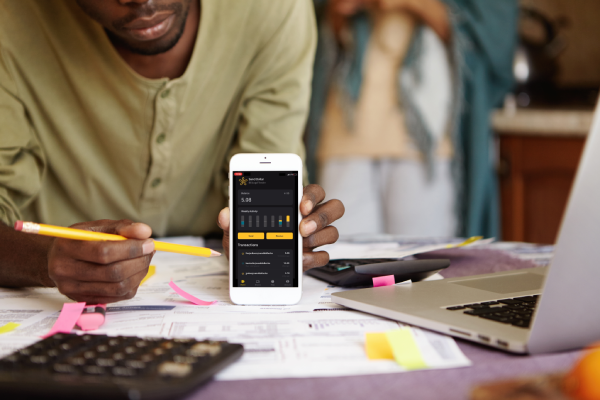


Project SandDollar is the initiative embarked on by the Central Bank of The Bahamas to issue a digital representation of the Bahamian dollar (B$). It is an undertaking to promote more inclusive access to regulated payments and other financial services for unbanked and underbanked communities and socio-economic groups within the country. Additionally, through the introduction of this retail central bank digital currency (CBDC), the Central Bank expects to reduce service delivery costs and increase transactional efficiency for financial services across The Bahamas.
As a result of an online competition, this initiative acquired the name Project SandDollar, with SandDollar also being the name assigned to the central bank digital currency (CBDC).
SandDollar is not a cryptocurrency (e.g. Bitcoin). SandDollar is a central bank digital currency (CBDC), this means it is a centralised, regulated, stable, private and secure unit of account and means of exchange. The digital B$ is a direct liability of the central bank, in The Bahamas, backed by the foreign reserves. Cryptocurrencies are private sector issued or minted. While they may be backed by other assets, including central bank currencies, they may not represent the liability of any government or central authority. In some cases, cryptocurrencies may also not be backed by any underlying asset.
A few key aspects of the proposed solution are as follows:
The digital version of the Bahamian dollar is available for both wholesale and retail applications. Wholesale application would ordinarily restrict usage to payments settlements at the inter-bank level, akin to clearing house transactions. The proposed retail application would also allow the general public to make and receive digital payments. Each holder would maintain direct claims on the Central Bank and legally have the equivalent of accounts with the Central Bank.